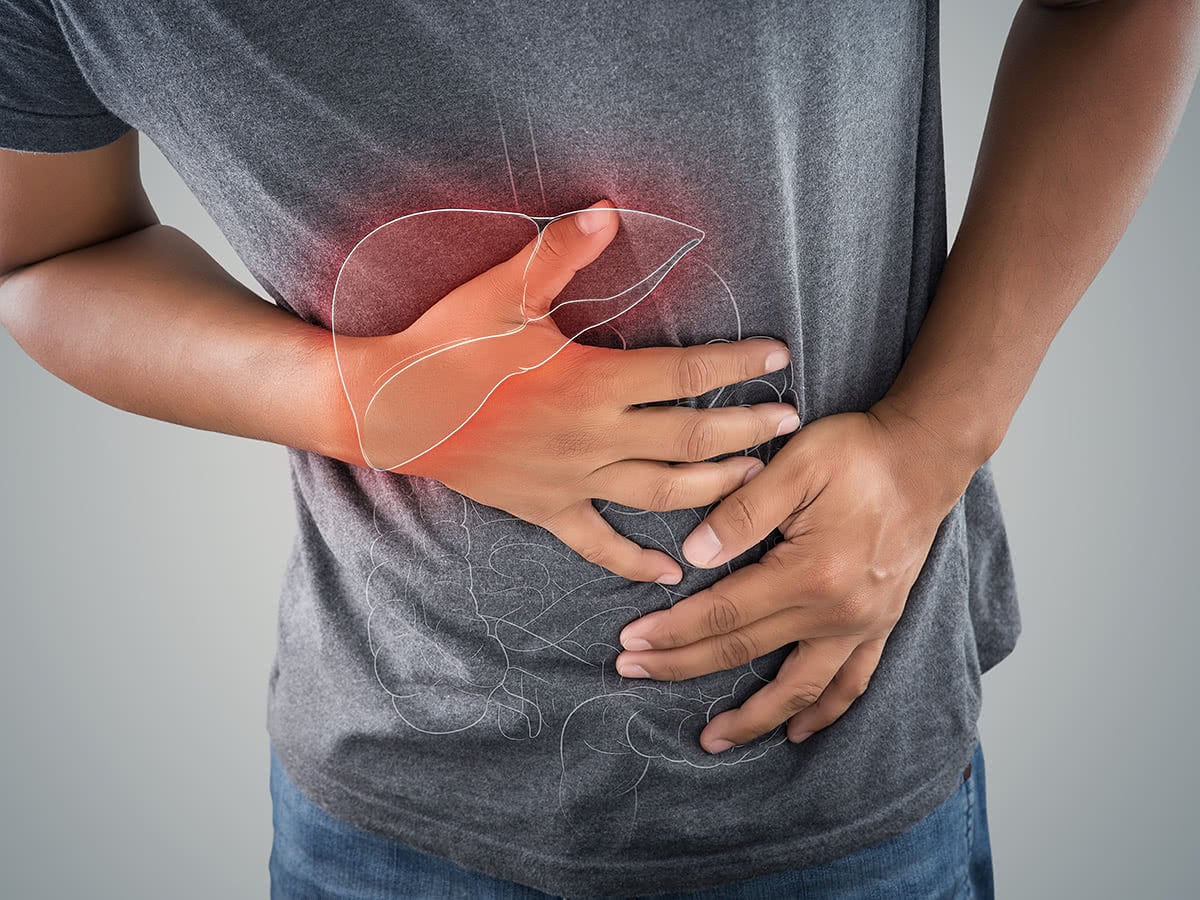Introduction
Pancreatitis is inflammation in the pancreas. The pancreas is a long, flat gland that sits tucked behind the stomach in the upper abdomen. The pancreas has two functions: A digestive function by secreting digestive juice containing amylase and lipase and a hormonal function by releasing the Insulin hormone which help control the blood sugar level.
Pancreatitis is of two types: Acute (sudden) or chronic.
Causes
There are several theories to explain the cause of pancreatitis. All mechanisms lead to auto-activation of the pancreatic enzymes to a degree enough to attempt digesting their own gland. This results in an intense inflammatory reaction called pancreatitis. Generally speaking, acute pancreatitis is self-limiting with supportive and conservative management. When the cause of pancreatitis is not treated, the inflammatory episodes will repeat themselves. If this cycle is not interrupted by specific treatment, scars will form inside the pancreas leading to loss of pancreatic function and the state of chronic pancreatitis.
Conditions that can lead to pancreatitis include:
- Alcoholism.
- Gallstones.
- Abdominal surgery.
- Certain medications.
- Cigarette smoking.
- Cystic fibrosis.
- Family history of pancreatitis.
- High calcium levels in the blood (hypercalcemia), which may be caused by an overactive parathyroid gland (hyperparathyroidism).
- High triglyceride levels in the blood (hypertriglyceridemia).
- Infection.
- Injury to the abdomen.
- Pancreatic cancer.
Pancreatitis can also occur as a complication of endoscopic procedures (ERCP).
Symptoms
Signs and symptoms of pancreatitis may vary, depending on which type you experience
Acute pancreatitis signs and symptoms include:
- Upper abdominal pain.
- Abdominal pain that radiates to your back.
- AAbdominal pain that feels worse after eating.
- AFever.
- ARapid pulse.
- ANausea.
- AVomiting.
- ATenderness when touching the abdomen.
Chronic pancreatitis signs and symptoms include:
- Upper abdominal pain.
- Losing weight without trying.
- Oily, smelly stools (steatorrhea).
Diagnosis
Tests and procedures used to diagnose pancreatitis include:
- Blood tests to look for elevated levels of pancreatic enzymes.
- Specific tests on stool to check fat contents (malabsorption)
- CT abdominal scan to rule out other diagnoses and complications.
- Abdominal ultrasound to look for gallstones and pancreas inflammation.
- Internal ultrasound (EUS) is sometimes required.
- Magnetic resonance imaging (MRI) to look for abnormalities in the gallbladder, pancreas and ducts.
Complications
Pancreatitis can cause serious complications, including:
- Pseudocyst. Acute pancreatitis can cause fluid and debris to collect in cyst-like pockets in your pancreas. This is a common complication of acute severe pancreatitis.
- Infection. Acute pancreatitis can make your pancreas vulnerable to bacteria and infection.
- Kidney impairment: therefore, fluid resuscitation is vital in the management of acute pancreatitis.
- Breathing problems. Lung congestion and failure is not uncommon in the course of severe pancreatitis.
- Diabetes. Mainly occur in repeated and untreated attacks of pancreatitis which lead to a chronic state.
- Malnutrition. Due to failure of the pancreas to produce adequate digestive enzymes. This can lead to malnutrition, diarrhea and weight loss, even though you may be eating the same foods or the same amount of food.
- Pancreatic cancer.
Treatment
- Complete or relative Fasting. You'll stop eating for a couple of days in the hospital in order to give your pancreas a chance to recover and gradually you will resume oral intake.
- Pain medications. Your health care team will give you medications to help control the pain.
- Intravenous (IV) fluids. Important to prevent dehydration and renal impairment.
- Stone removal. If common bile duct stone was diagnosed, an endoscopic procedure is needed to take the stone out.
- Gallbladder removal. Gallbladder removal if gallstones are diagnosed.
- Rehabilitation treatment. Drug and Alcohol team consultation if the patient is alcoholic.
Depending on your situation, chronic pancreatitis may require additional treatments, including:
- Pain management. Pain management by specific pain team.
- Drug treatment. Enzymes (Creon tablets) to improve digestion.





